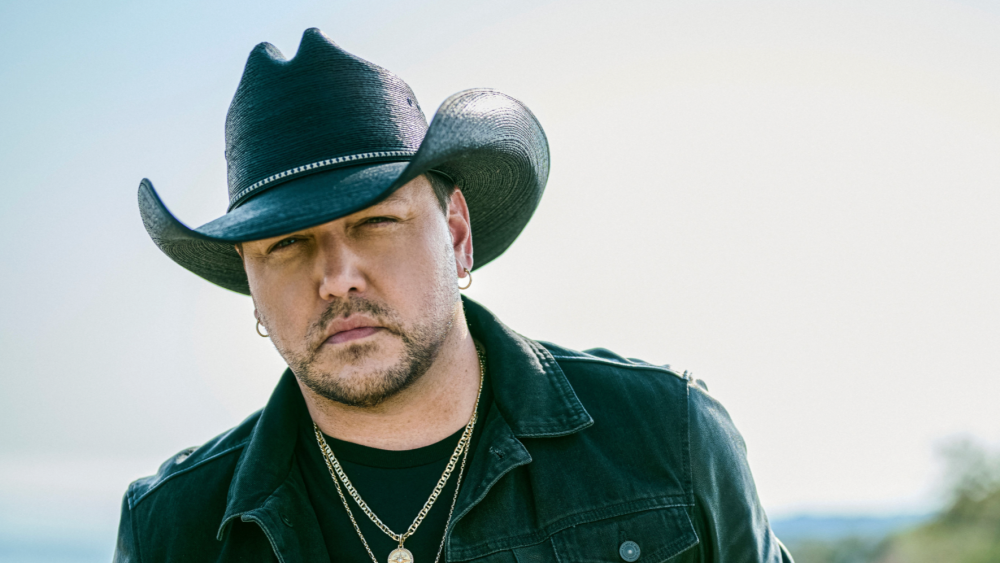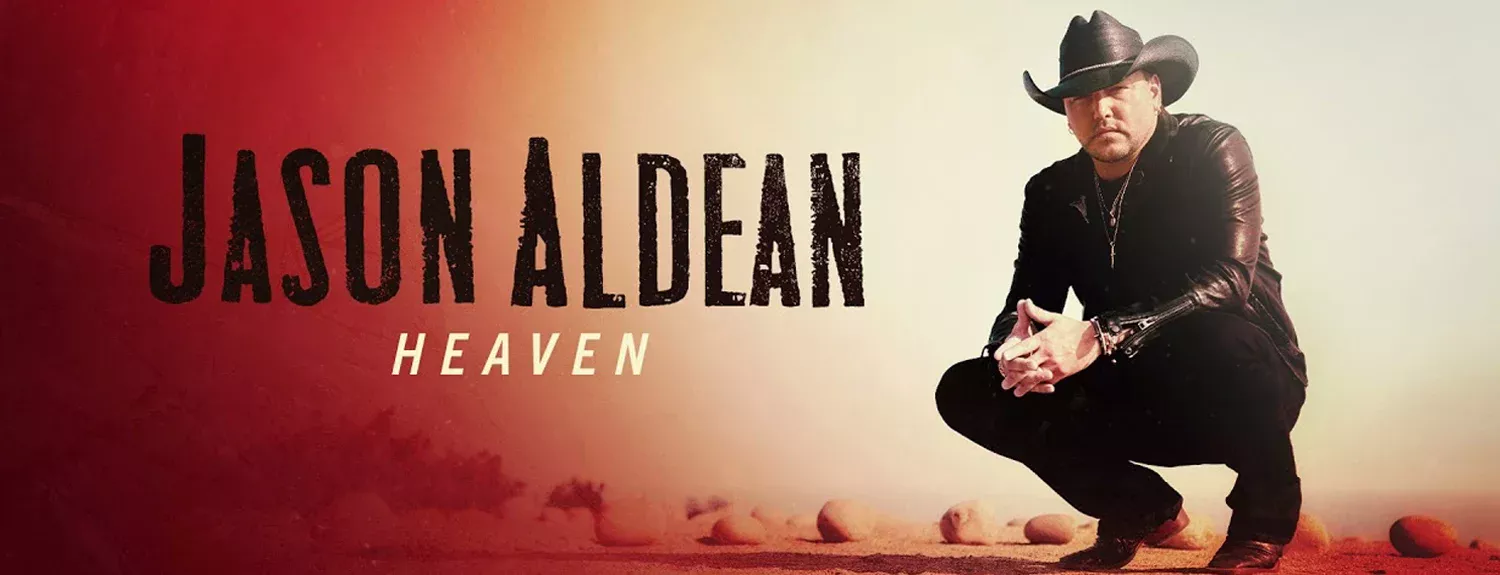American country music superstar Jason Aldean has found himself at the center of a heated controversy after being accused of promoting pro-lynching sentiments in his latest music video. The singer has categorically denied these claims and stated that they are based on misunderstanding and misinterpretation of the material.
The video in question, which links to Aldean’s latest single, reportedly contains imagery that some critics have argued could be seen as support for lynching. Specific details about the scenes in question have not been widely shared, but it appears that they have been interpreted by some viewers as indicative of historical racial violence in the United States.
Responding to the criticism, Aldean released a statement in which he vehemently denied the allegations. “The allegations being made about my new video are completely baseless,” Aldean said. “The video, like all of my work, is meant to entertain and evoke emotion, but it in no way supports or promotes violence of any kind, including lynching. I believe music should bring people together, not tear them apart.”

Aldean expressed his disappointment over the controversy and suggested that the controversial interpretation of his video was not intended. “It’s heartbreaking that something I set my heart on has been misunderstood in this way,” he said.
The country music star also used the occasion to clarify her stance on racism and violence. Aldean said, “I stand firmly against racism and all forms of violence.” “I hope that my music and my actions throughout my career demonstrate that.”
The controversy has prompted a polarized reaction from fans and other observers. Some have supported the singer, stressing that the image in her video was taken out of context, while others argue that the controversy highlights the need for greater sensitivity and consideration of historical context when making art, especially in a genre like country music, which has deep roots in American culture.
It remains to be seen whether the controversy will have a lasting impact on Aldean’s career or the perception of his work, but the incident certainly underscores the importance of understanding and accepting the potential implications and interpretations of artistic material.
On Twitter, some fans have begun using the hashtag #SupportJasonAldean, arguing that the star has been unfairly maligned, and the video misinterpreted. They emphasize Aldean’s long-standing record of condemning racism and his commitment to uniting people through his music.
However, critics have maintained their stance and have pointed out that even if the intention was not to promote violence or racism, the effect can be harmful. He argues that artists such as Aldean should be more mindful of the potential effects of their work, especially given their influence and the diverse audiences that consume their content. Some are using the hashtag #JasonAldeanAccountability to encourage the star to take responsibility for the impact of his videos.
The controversy has also attracted the attention of various music industry pundits and cultural critics. Many have highlighted the incident as a microcosm of the ongoing tensions and difficult conversations around race, culture and history that are taking place not only in the music industry but in society at large.
In response to the outcry, Aldean’s record label has also issued a statement. “We stand behind Jason and his creative vision,” the statement said. “We believe in constructive dialogue and understanding, and we’re ready for a conversation about how we can make country music a welcoming place for all.”
However, the label’s statement has done nothing to quell the controversy. Critics have demanded more concrete action, such as an apology from Aldean, removal of the video, or a commitment to more responsible imagery in future work.
So far, Aldeen has not announced any plans to remove the video, nor has he offered an apology. Instead, he continued to insist on his core message that his video was meant for entertainment and not an endorsement of violence or racism. The position continues to unfold, and it remains to be seen whether this controversy will lead to a wider discussion about the depiction of historical events and cultural sensibilities in popular music.
Quiz Time
Subscribe to our email newsletter to get the latest posts delivered right to your email.


Comments